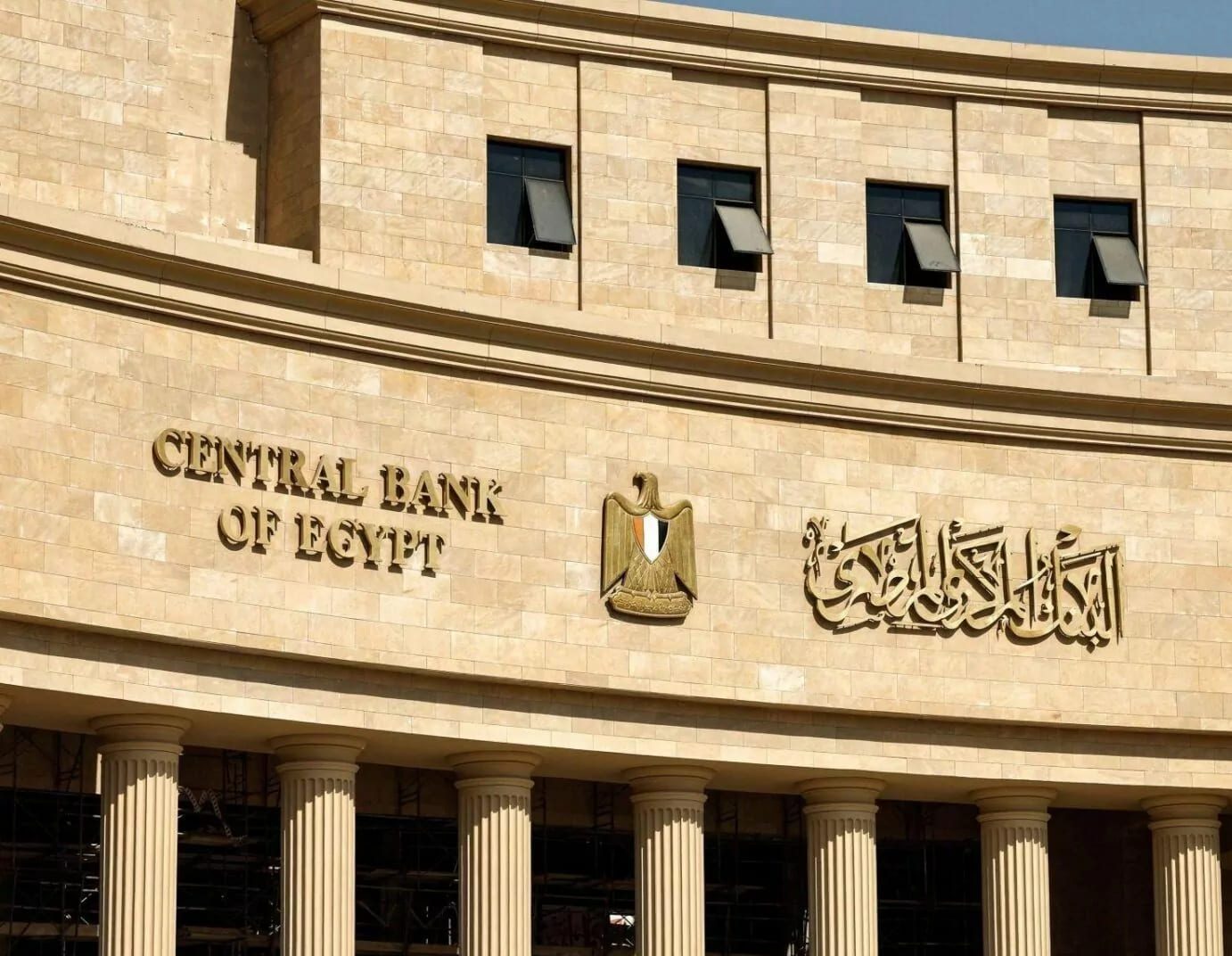Egypt’s external debt declined significantly in the third quarter of fiscal year 2023/2024, reflecting the government’s ongoing efforts to manage the nation’s debt burden amidst challenging economic conditions.
According to recent data from the Central Bank of Egypt (CBE), the external debt decreased by USD1.3 billion, bringing the total to USD 163.3 billion as of March 2024.
This reduction marks a significant shift in Egypt’s financial strategy, as the country continues to navigate the economic impact of global challenges, including fluctuating commodity prices and a volatile international financial environment, spurred by the Russian-Ukrainian war, the Israel-Palestine war, and other geopolitical tensions.
The decline in debt is seen as a positive development in Egypt’s broader fiscal policy, which aims to stabilize the economy and reduce dependency on foreign borrowing.
The decrease in external debt is partly attributed to the government’s focus on managing its foreign currency liabilities and prioritizing domestic resources to meet financial obligations. The strategic repayment of external loans and the careful management of new borrowings have played crucial roles in this downward trend.
In addition to debt reduction, Egypt has been working on improving its debt-to-GDP ratio, a key indicator of economic health. By reducing external debt, the government aims to create more fiscal space for domestic investment and growth initiatives, which are essential for long-term economic stability.
The decline in external debt comes at a time when Egypt is also witnessing an increase in its balance of payments surplus, further contributing to the country’s economic resilience.







Comments (0)